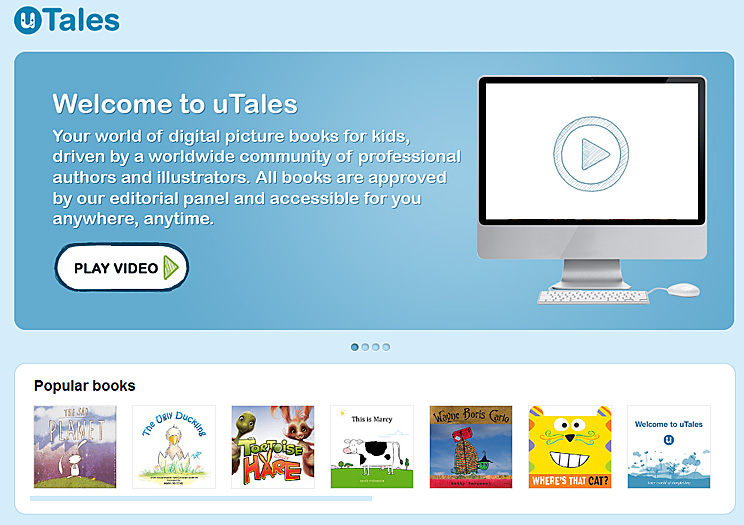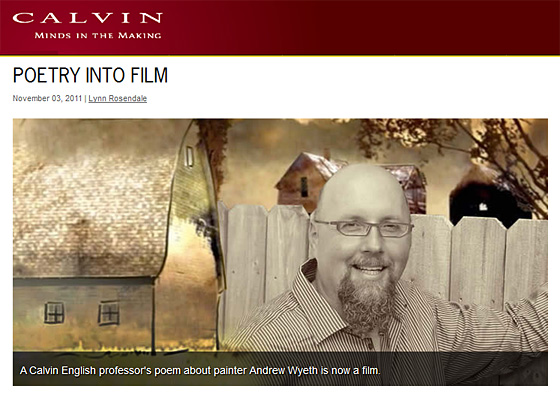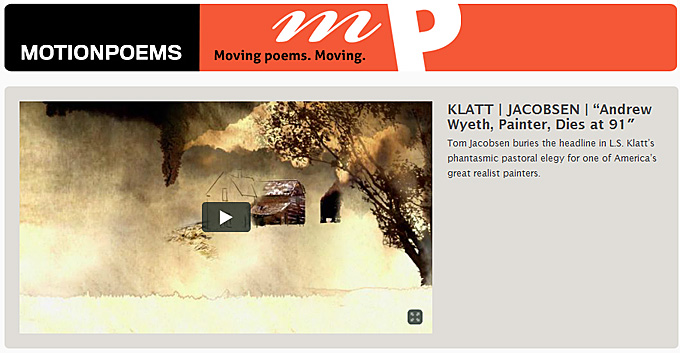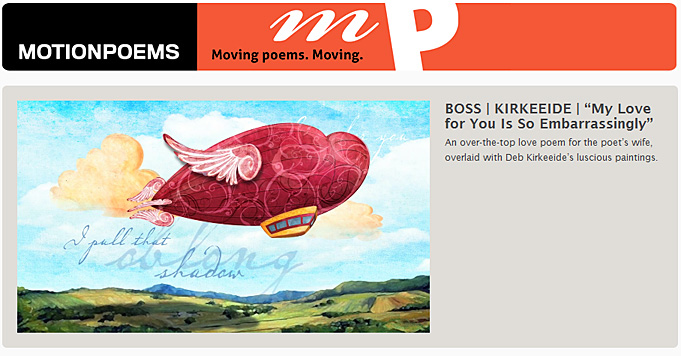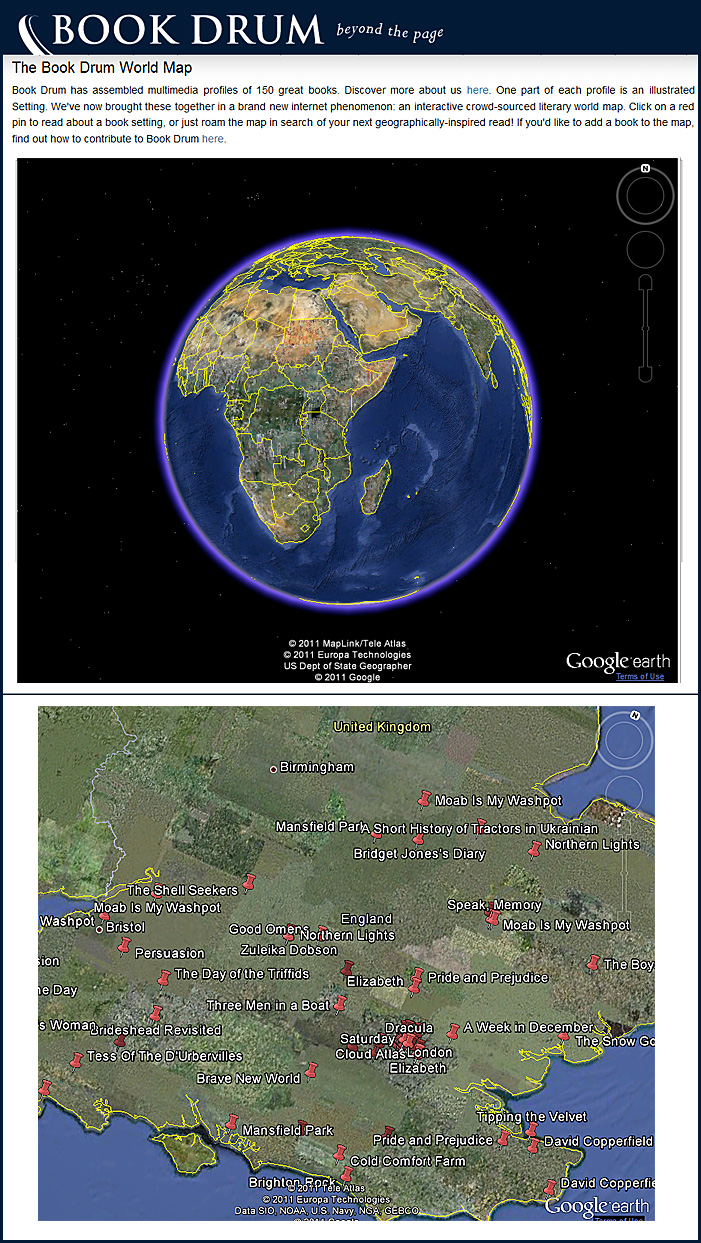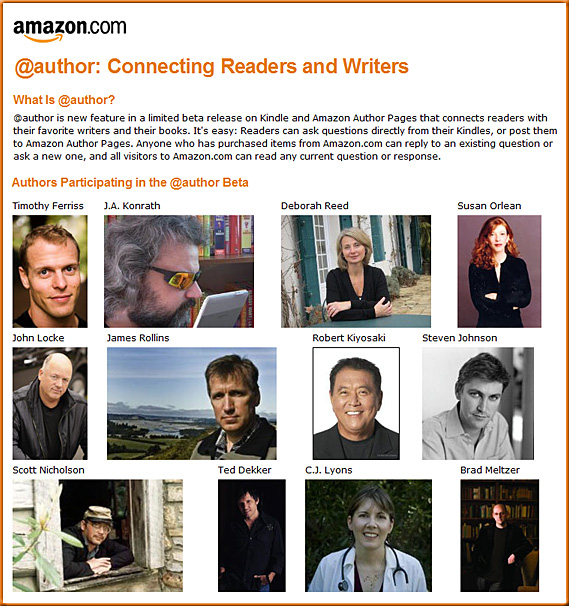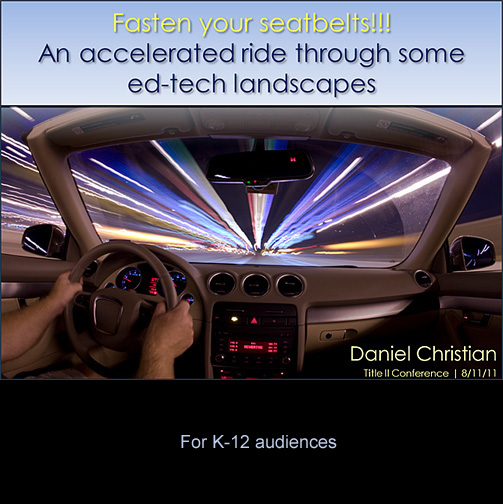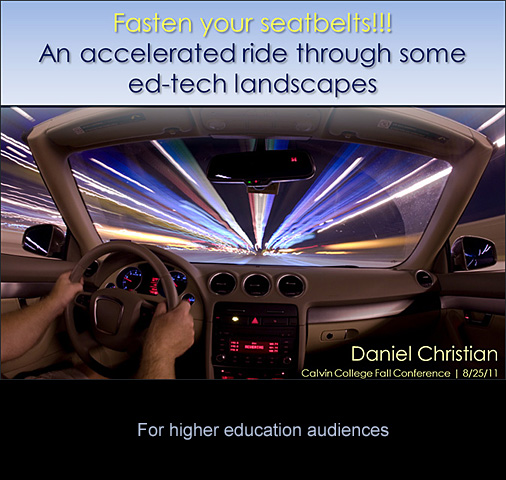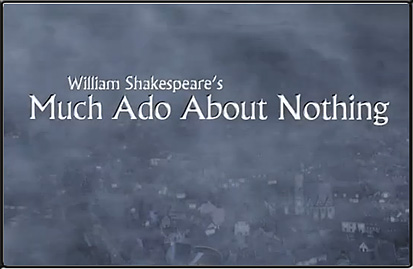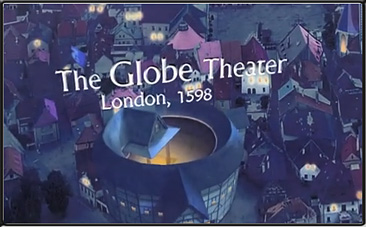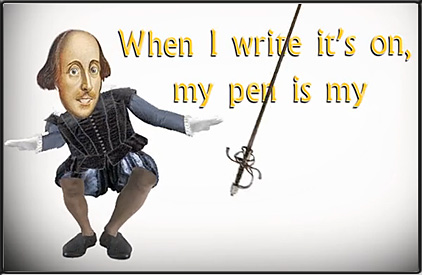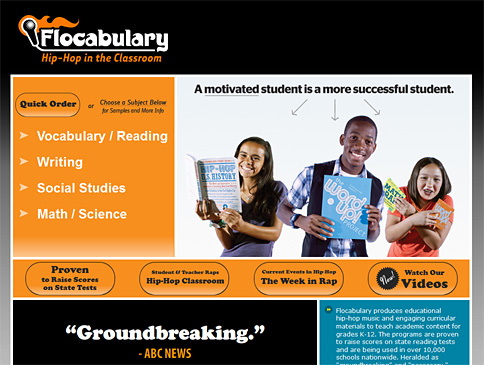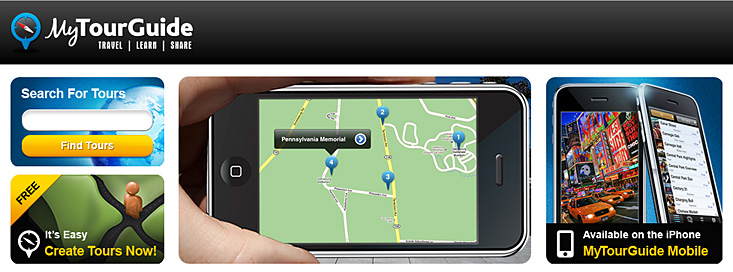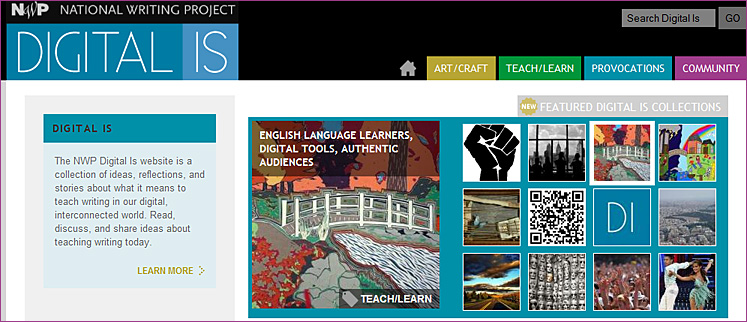- uTales: Crowdsourcing Children’s Book Publishing — from wired.com by Daniel Donahoo
5 brainstorming strategies for writers— from DailyWritingTips.com by Mark Nichol
Teaching students to be multimedia storytellers — from Spotlight on Digital Media & Learning
From DSC:
With a special congrats out to Laura Fleming on her curation efforts:
We wanted to point Spotlight readers to a new, powerful collection on the National Writing Project’s Digital Is website. Reading and Writing Transmedia is curated by Laura Fleming, a library media specialist in River Edge, N.J., who blogs regularly about the connection between transmedia and education.
From DSC:
Growing up with the music I did, I really liked this! It’s fun — and for some students, highly engaging! Thanks to Lee Wilson for posting it on his blog.
Also see:
20 great opening lines to inspire the start of your story — from DailyWritingTips.com by Mark Nichol
There’s an app for that class at Va. universities — from timesdispatch.com by Karin Kapsidelis
VCU and other universities are exploring the uses of
smartphones and mobile applications in and outside classrooms.
Originally saw this at
Ray Schroeder’s Online Learning Update blog
About NWP Digital Is
The NWP Digital Is website is a teaching-focused knowledge base exploring the art and craft of writing, the teaching and learning of writing, along with ideas that provoke us to think in new ways about education and culture in the digital age.
Learn more about the NWP Digital Is website and how to participate.
About the National Writing Project
The National Writing Project (NWP) is a nationwide network of educators working together to improve the teaching of writing in the nation’s schools and in other settings. NWP provides high-quality professional development programs to teachers in a variety of disciplines and at all levels, from early childhood through university. Through its network of more than two hundred university-based sites located in all fifty states, the District of Columbia, Puerto Rico, and the U.S. Virgin Islands, NWP develops the leadership, programs, and research needed for teachers to help students become successful writers and learners.
Support for the National Writing Project is provided by the U.S. Department of Education, foundations, corporations, universities, and K–12 schools.
Learn More About the National Writing Project
- Digital Is: Interdisciplinary Writing Resources — from The Chronicle by Prof. Hacker
Also see:
Bootstrapped Publishing – DIY FTW — from thinktiv.com









